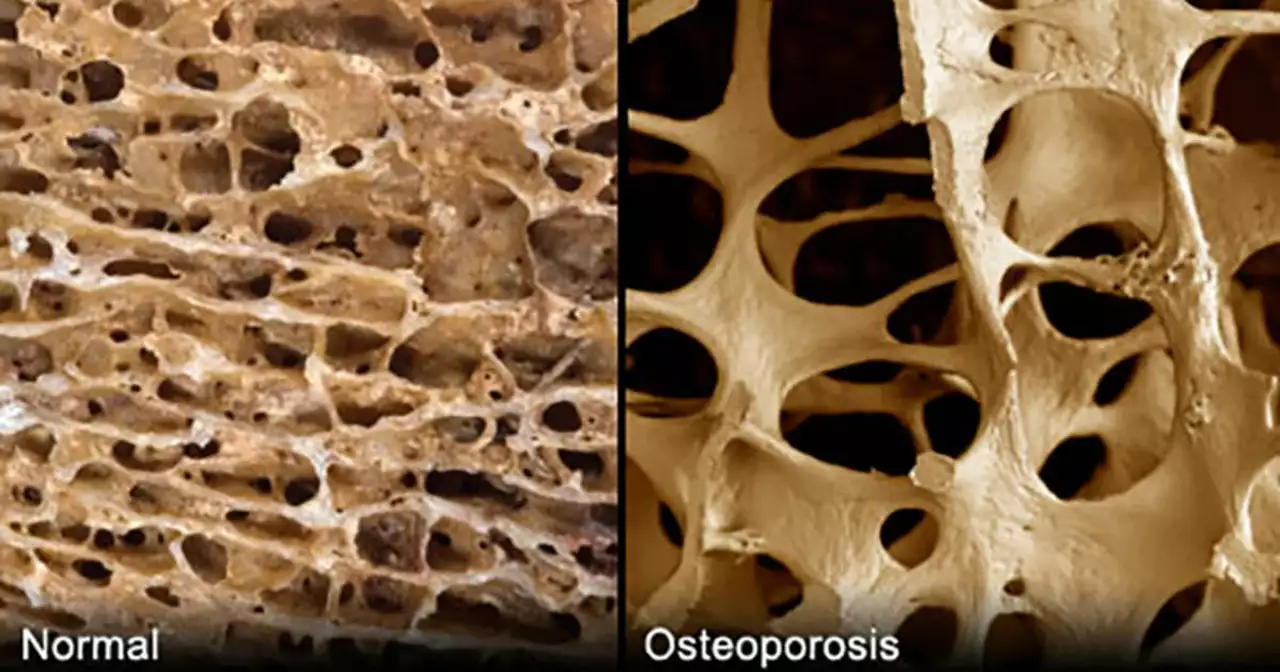Bone Damage Prevention: Easy, Practical Steps You Can Start Today
Fact: one in two women and one in four men over 50 will break a bone because of weak bones. That sounds scary, but you can lower your risk with a few clear habits. Here’s what works and what to avoid.
Daily habits that protect bones
Eat for strength. Aim for 1,000–1,200 mg of calcium a day from food first: dairy, canned salmon with bones, fortified plant milk, leafy greens. If you use a supplement, split doses (500 mg or less) so your body absorbs it better. Pair calcium with vitamin D3; many adults need about 800–2,000 IU daily depending on blood levels. Ask your doctor for a simple blood test (25‑OH vitamin D) before you start a high dose.
Move your body. Weight-bearing exercise stimulates bone growth. Walk briskly, climb stairs, dance, or try short uphill hikes for 30 minutes most days. Add resistance training twice a week — bodyweight moves, bands, or light weights — and practice balance (tai chi or single-leg stands) to cut fall risk.
Cut harmful habits. Smoking speeds bone loss. Alcohol in excess weakens bone and increases falls; keep it low. Limit high‑salt diets and very low‑calorie eating; both can rob bones of minerals.
Medications, tests, and safety at home
Some medicines can weaken bone over time. Common examples: long-term oral corticosteroids, certain anti-seizure drugs, proton pump inhibitors if used long-term, and some antidepressants (SSRIs). If you take any of these, ask your prescriber about bone-sparing strategies or monitoring.
Get a bone density test (DEXA) when recommended: typically women 65+ and men 70+, or earlier if you have risk factors (early menopause, long-term steroids, previous fracture). A DEXA helps your doctor decide if you need prescription treatment.
Fall-proof your space. Remove loose rugs, add grab bars in the bathroom, improve lighting, keep pathways clear, and wear shoes with good grip. Check your vision and review medications that cause dizziness. Small home changes cut fracture risk a lot.
Mind interactions. Take calcium away from some meds: separate calcium supplements from levothyroxine and certain antibiotics by 2–4 hours. Talk to your pharmacist if you’re unsure.
If you want stronger bones fast, combine the basics: fix low vitamin D, add daily weight-bearing movement, include resistance sessions, and remove fall hazards. That combo prevents more bone damage than any single trick.
Curious about how certain drugs affect bone or which supplements actually help? Browse our related guides on medication safety and supplements for practical, evidence-based info tailored to everyday life.

